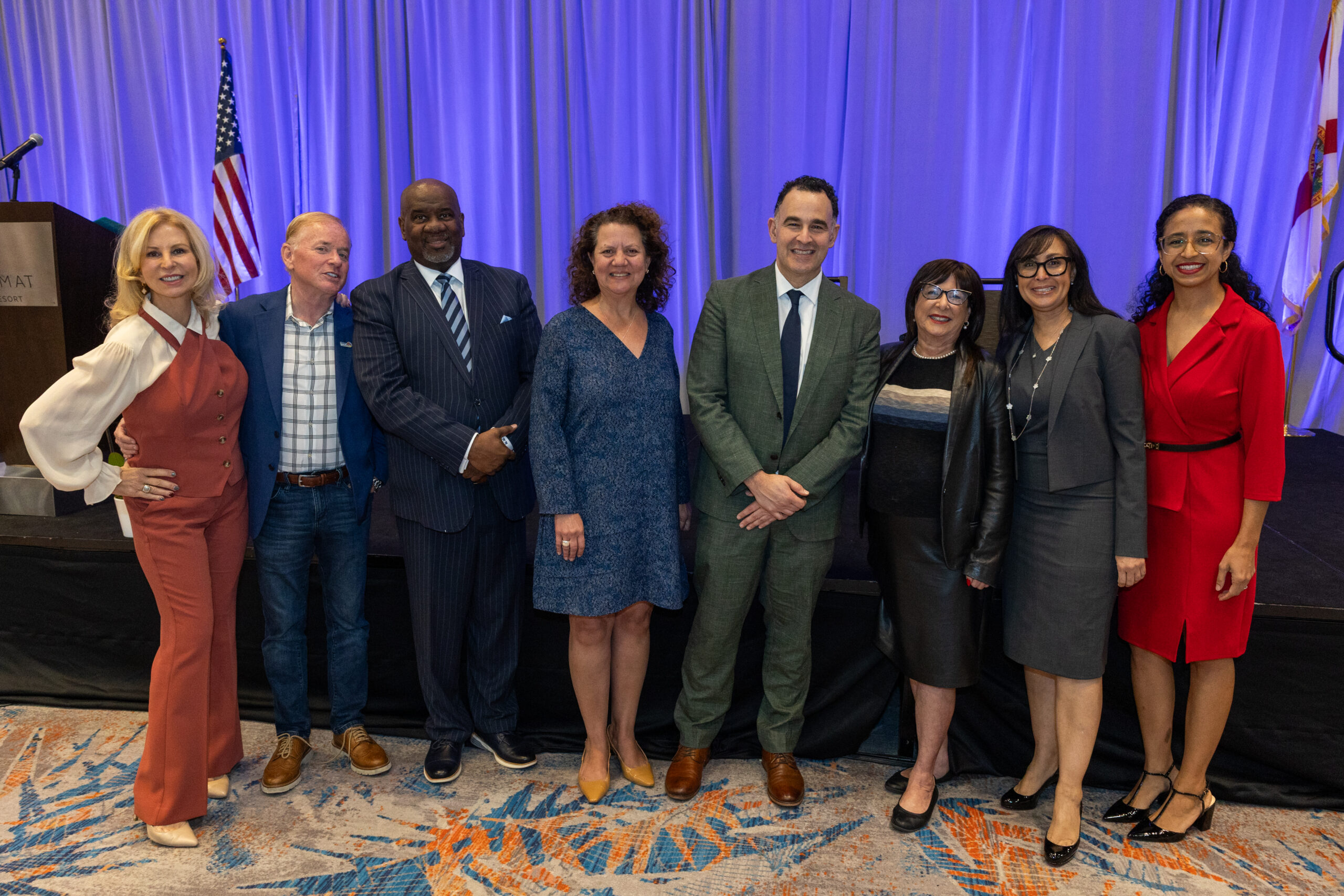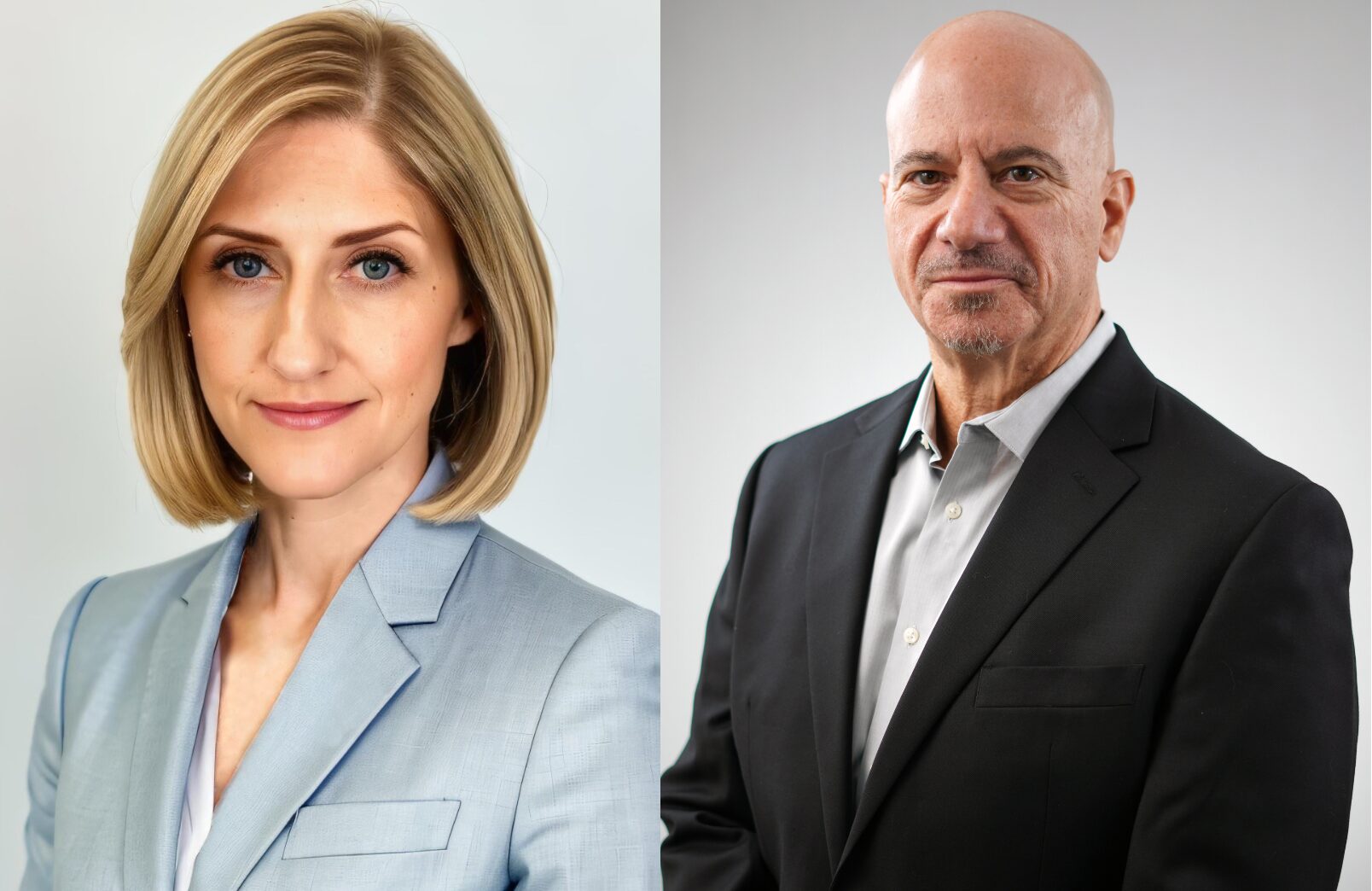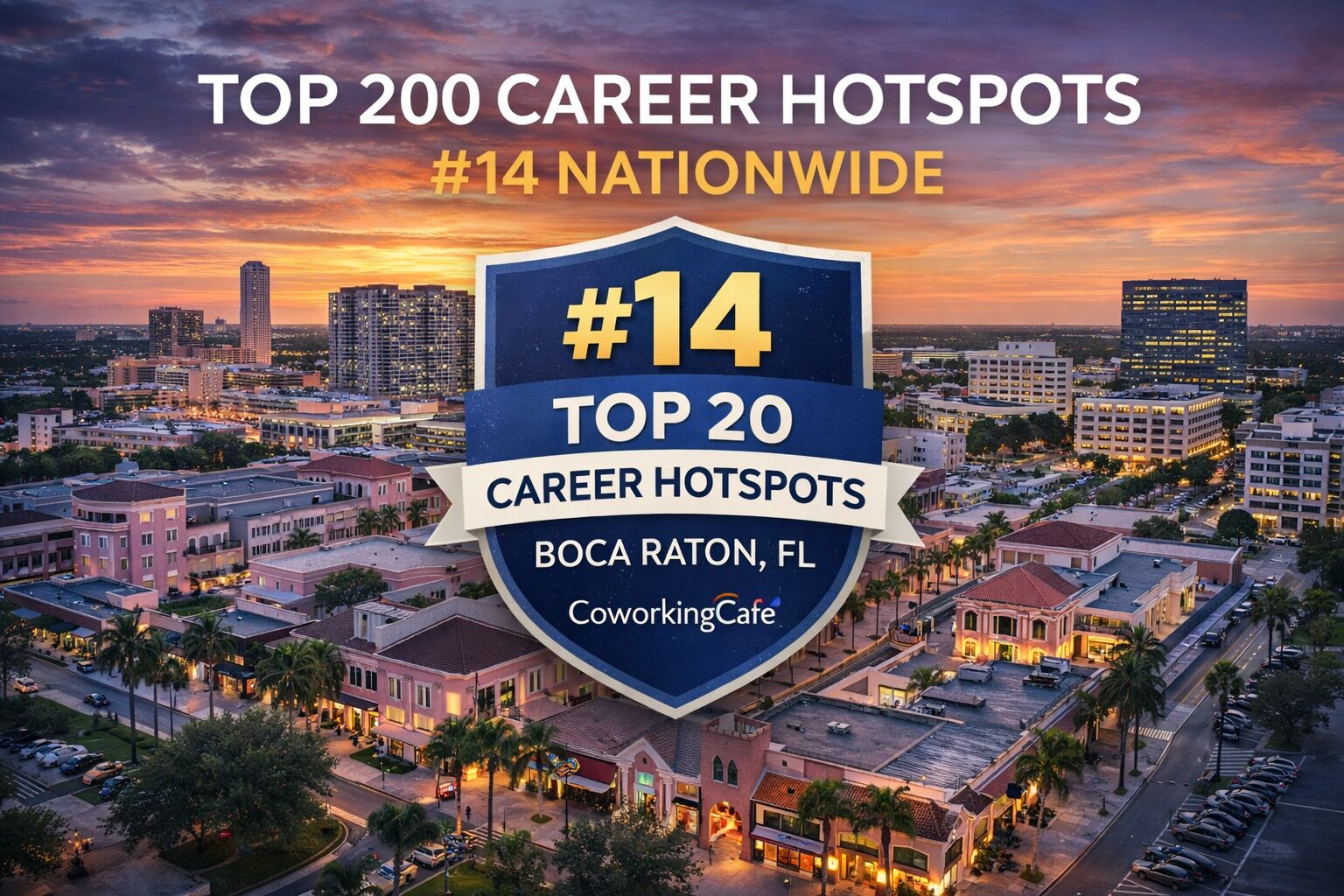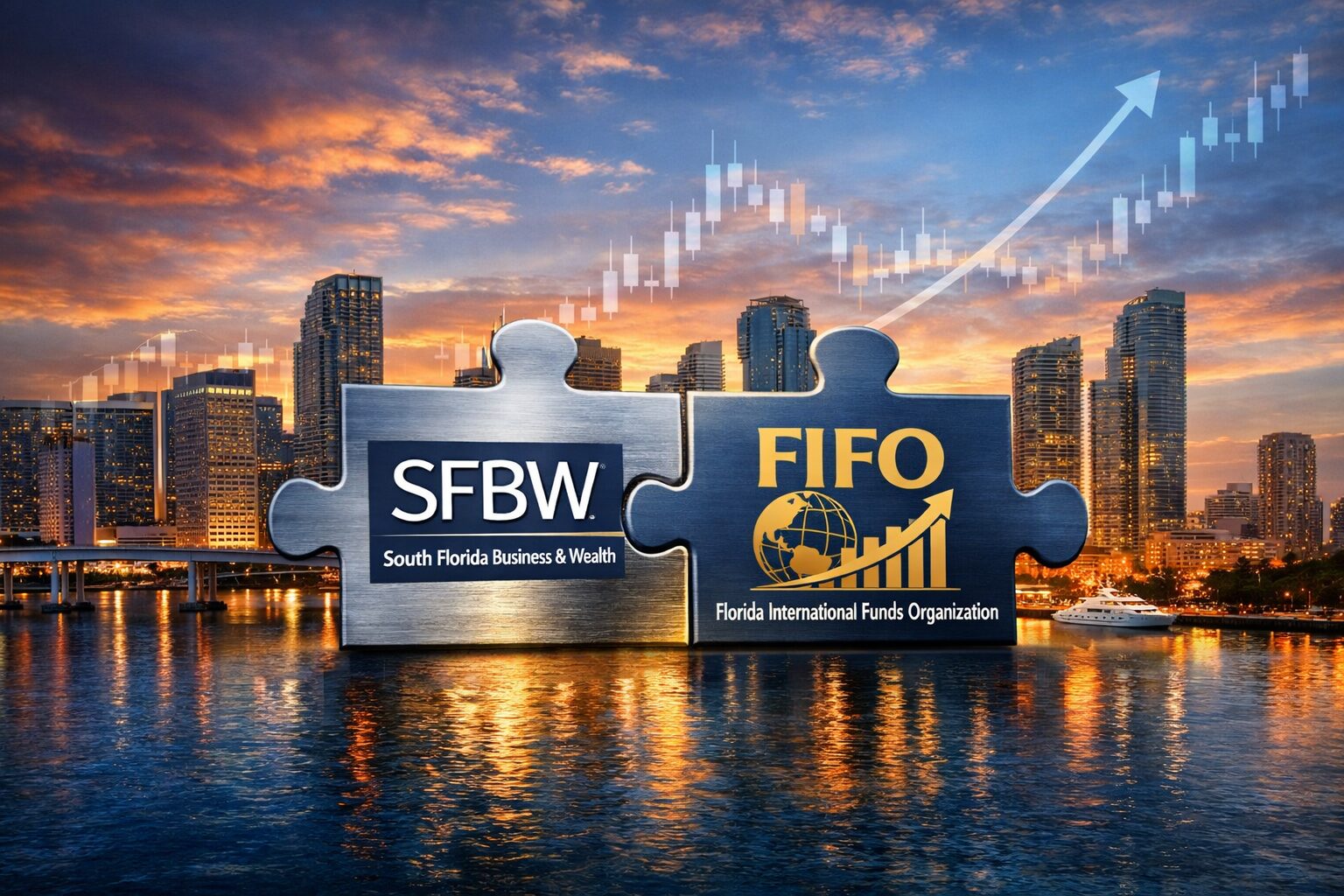[vc_row css_animation=”” row_type=”row” use_row_as_full_screen_section=”no” type=”full_width” angled_section=”no” text_align=”left” background_image_as_pattern=”without_pattern”][vc_column width=”2/3″][vc_column_text]Photos by Camille Vogel
If you think the pace of change and innovations is rapid now, just wait. The chairman and CEO of one of the world’s largest cruise companies is warning that the pace of change now is as slow as it will ever be, compared to the future.
Much of the discussion in this month’s South Florida Executive Roundtable was how to engage consumers and customers better, usually with a major dose of technology and innovation.
The panelists
• Nuno Fernandes, executive vice president global operation and strategic alliances at Ilumno, which offers growth and technology services to universities in the Americas.
• Renata Kobylinski, information technology director/director of hosting and engineering services, for Royal Caribbean Cruises, the world’s second-largest cruise holding company.
• S. Marshall Martin, general counsel for City National Bank of Florida, one of the largest Florida-based banks.
• Ben Riestra, chief administrative officer of the Lennar Foundation Medical Center, part of UHealth Miller School of Medicine at the University of Miami.
Opening speaker Raul Moas, Miami program director of the Knight Foundation, said his organization is seeking business solutions for some of community’s most pressing needs. The question, he says, is, “How do we structure and create jobs and connectivity?”
One key focus of the foundation is helping Miami’s innovation economy become a magnet for capital and talent. “What we are seeing is really, really impressive,” he says.
One example of success is seeing venture capital activity go from $130 million a year to consistently over $1 billion, including mega rounds for companies including Magic Leap and Park Jockey. Some VC funds have opened offices in the region.
The roundtable was moderated by Nikka Copeland, senior VP of World Fuel Services, one of South Florida’s top public companies with $39.8 billion in revenue.
SFBW is the exclusive media partner for the roundtable, which was held at Monty’s Raw Bar in Coconut Grove. The following transcript has been edited for clarity and brevity.
What in your industries are technological and business changes presenting as opportunities or challenges?
Fernandes: The biggest challenge is how you are going to do the digital transformation of your business. It’s not about technology. Everybody can buy technology. The relevant part is how to make your business more efficient and provide better services and experiences.
I believe the next revolution, the AI [artificial intelligence] revolution, will change the world as it is. We should not be afraid of it. We should embrace and accept it. How can I redesign my business to be better, faster, more efficient, with better services and products?
Kobylinski: Our chairman and CEO, Richard Fain, says the pace of change today is the slowest as it will ever be. We are putting a lot of effort in removing friction from the guest experience—making sure the guests really enjoy the vacation before they book it until they disembark from our ships. There are a lot of new things on our ships. A lot of mobile applications. We try to anticipate needs and technology is playing a big role in that.
Martin: The data we have is envied in the market. We know your transactions—what you’re buying and where—but have we really been using that information to bring products and services? We have a long way to go.
Riestra: How many of you in the audience feel you have a relationship with a health system? As an industry, we have stepped back, expecting consumers to come to us. Shame on us. We think as an industry that you can come to a doctor’s office at 9 o’clock and be seen at 9:30. The concept of hospitals around beds will change. In the next five to seven years, I believe 95 percent of health care will be on an outpatient basis.
What human capital strategies do you use to attract, develop and retain talent, develop effective leadership and employ the best people and keep them?
Riestra: We have had an incredible experience in building the Lennar Foundation Medical Center. A lot of nurses and technicians are millennials. Workers are spending most time of their time in the health care environment, dealing with patients with bad diagnoses—sometimes, terminal. The concept is to create a destination for work. We don’t work at the University of Miami—we work on the University of Miami, and are trying to make it better.
Martin: At the end of the day, we follow up with clients and resolve the needs of clients when they need it. You want to develop and let people do what they feel comfortable doing and good at. Millennials want a pingpong table. We got them a pingpong table. That’s the way they work. That is the mentality. We are going to have to start to readjust.
Kobylinski: Offer flexibility—young people want to be flexible. Some companies are very closed-minded. They don’t allow remote workers. In my case, working with technology, we give a lot of flexibility and develop our people. Millennials don’t want to work Monday through Friday, 9 to 5. Millennials are looking for things they can be part of. Think about the environment of people and work at training. Give something to people instead of just taking.
Fernandes: I believe the culture of our organization is probably the single most important thing for success. In our company, our goal is to be the No. 1 higher-education company in the world, and everybody knows that from the first day they come to the company. I think we were able to keep the startup mentality without being a startup company anymore. We promote success by celebrating failures. Companies say they want innovation, but the first thing that goes wrong, they fire everybody.
What are some best practices in corporate responsibility?
Riestra: Corporate responsibility stems the entire gamut from employees, student, staff and community. We are the only academic medical center in the region. We care for everyone, go above and beyond safety, and do research in medicine. This is where you gain the true knowledge of how important it is to medicine. The Zofran anti-nausea drug was a derivative. It wasn’t the original intent in trials. From our corporate social responsibility, we are doing a lot to improve health care of the community. A lot of caregivers have mental health issues. We are putting a big emphasis on that.
Martin: Banks serve the needs of the community, including those with low and moderate income. City National, for the last 18 years in a row, has gotten an outstanding rating in serving the needs of the community. We have formed a foundation. The biggest issue in Miami is housing inventory. When low- to moderate-income people are buying a home it’s a long process to wait on funding. When people want to sell, they don’t want to dawdle. These transactions take 90 to 100 days to close. We take inventory into the foundation and allow individuals greater time to close. We can wait longer. We don’t have a profit motive.
Kobylinski: First, we’ll celebrate diversity. We do a very good job with that in our company. We employ any kind of person. We offer some groups to develop minorities in the company. Also, in times of crisis, like the hurricane last year, we offered crews and ships to evacuate employees. Part of the core of the organization is that we take good care of crews. ♦
SFBW is the exclusive media partner of the South Florida Executive Roundtable. For more information on SFER, visit SFexecRoundtable.com.
[/vc_column_text][/vc_column][vc_column width=”1/3″][vc_gallery interval=”10″ images=”31329,31328,31327,31326,31325″ img_size=”full” show_image_description=”yes”][/vc_column][/vc_row]














